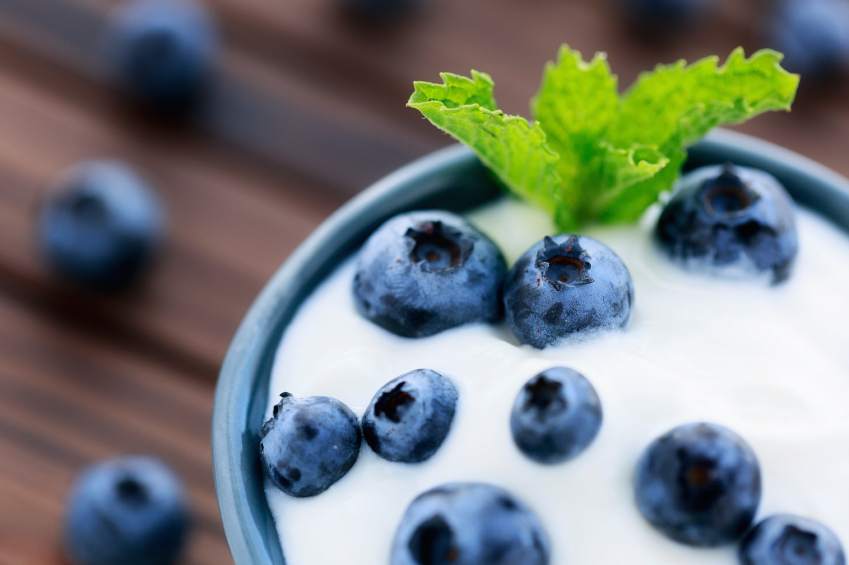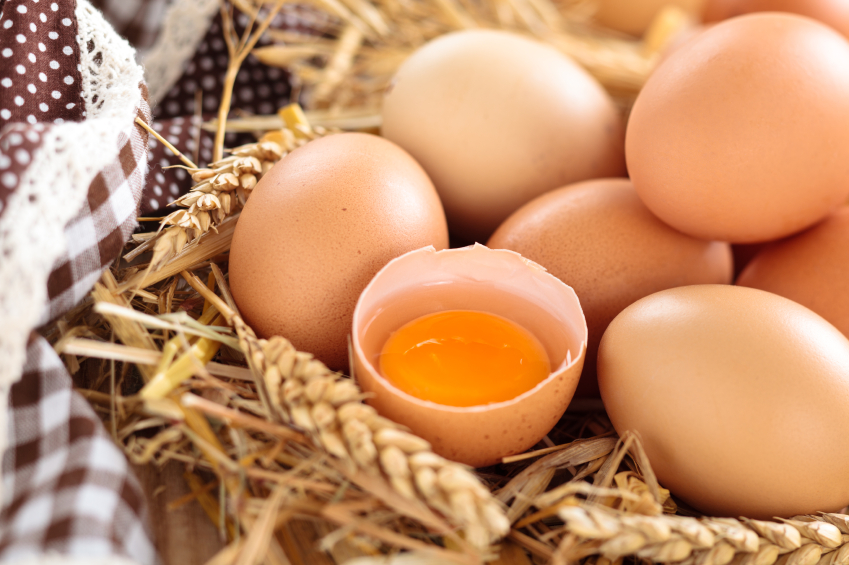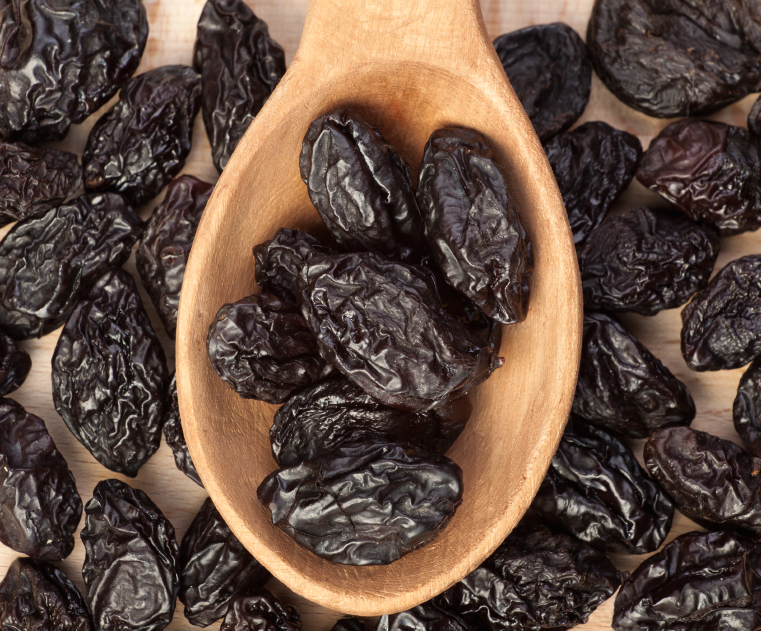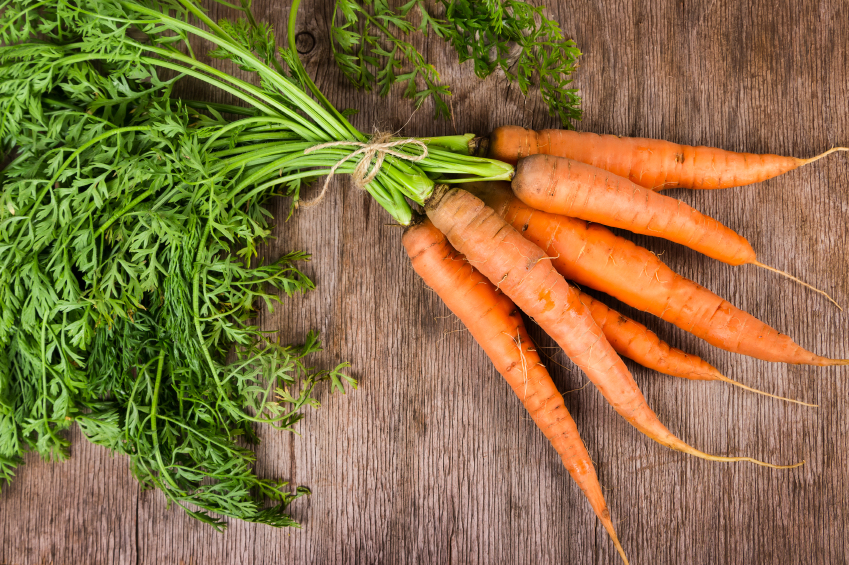Anne Hathaway recently revealed that she only ever argues with her husband when she is ‘hangry.’ Now, new research has found that hungry people make worse decisions than those that have eaten – time to grab a snack?
Do you go a little la-la when you haven’t eaten? You’re not alone. Anne Hathaway recently admitted the only time she argues with her husband is when she’s ‘hangry.’ That’s hungry and angry.
‘Actually, we don’t have fights,’ said the 31 year old star of Interstellar. ‘I have a lot of hangry moments where I am on the verge of having a fight and then he feeds me and I realise everything’s going to be fine.’
But leaving too long between meals could be more than a potential source of marital discord. New research claims that if we make a decision on an empty stomach it will most likely be the wrong one.
The findings, conducted by Dr Christy Fergusson, a food psychologist at thefoodpsychologist.com, suggest that hunger pangs can cause us to be more irritated by everyday situations, that hangry state.
Our brains literally cannot cope without food, according to Dr Ferguson. ‘We all know it takes brain power to make important decisions, so it makes sense that to think clearly we need to keep our brain fuelled’, she said. ‘Glucose is virtually the only fuel source for your brain. But what many people don’t realise is their brain can’t store glucose. This means that regardless of how much you eat, four hours later your brain will need a fresh supply of fuel to keep it running smoothly’.
Dr Ferguson’s research found that 62 percent of adults were less competent at answering the brain teasers when they were hungry. The brain teasers involved decision-making tasks and after they had eaten, participants’ performance improved by 20 per cent on average, the study found – they made better choices. Women in particular responded better after they had a well-balanced snack.
Moreover, being hungry can make us emotional, says appetite behaviour expert and professor of psychology at Reed University, Paul Currie, and being emotional is often followed by feelings of anxiety and stress.
So why do we get ‘hungry’? The appetite hormone ghrelin is produced in the stomach when you’re hungry. It also produces an anxiety response because its receptors can be found in different parts of the body, one of which is the brain. Hence, when we haven’t eaten for more than four hours our brain will receive warning signals such as anger and anger and stress. See, it’s not just you being a cranky cow – hanger is real.
5 FOODS TO STOP YOUR HANGER IN ITS TRACKS
Which foods can help calm us down in stressful situations? Charlotte Watts, author of new book The De-Stress Effect: Rebalance Your Body’s Systems for Vibrant Health and Happiness (released in March 2015) handpicks the five food that can hold back hanger.
1. YOGHURT
Traditional fermented foods like yoghurt increase the probiotics (beneficial bacteria) that ideally populate our digestive tract. In recent years there has been an increasing understanding and evidence that probiotics have a massive impact on our mental and emotional responses. It’s not yet understood how, but those guys tell our brains how we feel in a situation and how we pick up ‘vibes’ from other people (they don’t call it ‘gut instinct’ for nothing).
Making decisions from the whole body and not just our heads can create effects we can feel right about later. Eating yoghurt specifically has also shown to help people cope with anxiety, stress, pain and mood issues. According to researchers at the University of California, bacteria eaten from food has a direct, positive influence on the brain, including how we deal with both emotional and non-emotional tasks.
2. EGGS
It’s difficult to discuss brain nutrition without mentioning this perfect nutritional package. Eggs are our best bioavailable protein, providing the building materials for neurotransmitters – the brain chemicals that allow us access to full mental processes. When eaten for breakfast, they have shown to improve cognitive function throughout the day, but they also make great lunch (for example, as fritters with vegetables) to take you through the afternoon. They are an abundant source of choline, which we need to produce acetylcholine; the neurotransmitter of memory which is produced by our ‘vagus nerve’ which helps calm the whole body for more reflective over impulsive responses.
3. WALNUTS
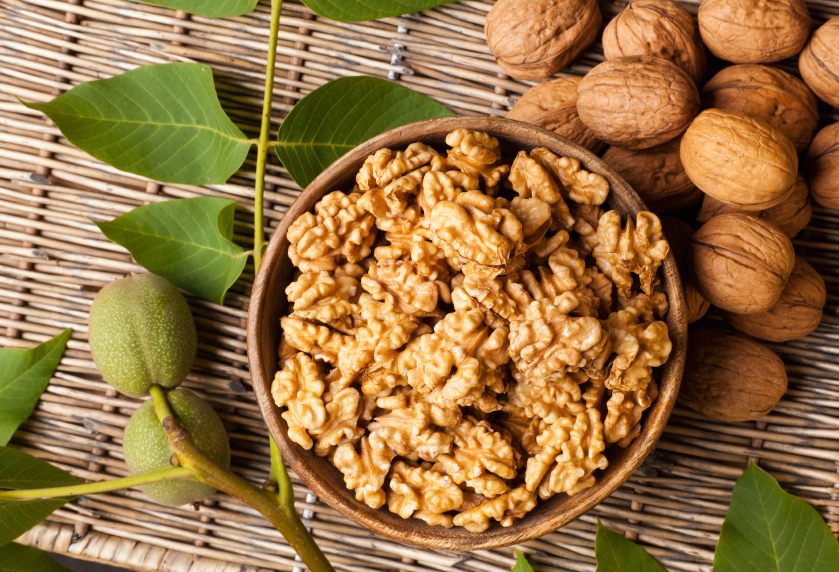
4. PRUNES
Having to make decisions engages stress responses because it’s a challenging event. This mimics physical responses we would need to make decisions in the wild and the brain demands the fuel it needs – sugar. Having something to hand that satisfies the sweet taste but doesn’t add sugar highs and lows, can mean the difference between stress causing ‘foggy brain’ and harder decisions and feeling you are responding to your potential. Prunes are a great choice, as their high soluble fibre helps balance blood sugar and on the ORAC index of protective antioxidants, they rate highest; even above broccoli and blueberries. High antioxidant foods have shown to optimise cognitive and motor functioning.
5. CARROTS
The orange colour of carrots is from their fat-soluble antioxidant, beta carotene. This is the factor that does indeed help us see in the dark, eyes and also brains, need high protection as a hey are mostly composed of fats that are easily damaged. One 2013 study showed that an increased intake in beta carotene can actually increase happiness levels. Research on carrot extract has shown it to be helpful as a supplement for cognitive dysfunctions and may improve memory. They make a great raw snack, but need to be eaten with fats like houmous or nuts for the beta carotene to be absorbed. Also eat cooked carrots, as the process unlocks even more antioxidants.
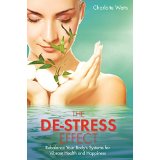
by Charlotte Watts is available to pre-order from Amazon. It’s published by Hay House in March 2015
Like this article? Sign up to our newsletter to get more articles like this delivered straight to your inbox.





